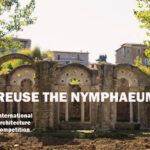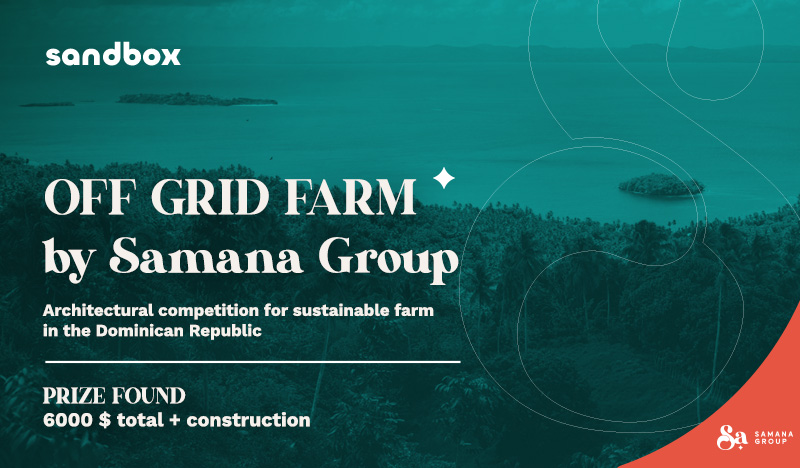Submission: August 23, 2022
Registration: August 22, 2022
Language: English
Location: South Africa
Prizes: Please see details below
Type: Open
The challenge here is to create a space for music for the deaf whereby with the use of technology music is not just heard but also felt. A space here through the means of sensory stimulation music is made more accessible. The design need not be a formal space but a more accessible and well-equipped space where music and theatre can be experienced by all. You must consider the different sensory experiences that are related to sound and how they are experienced by both individuals with hearing and those without.
Most of us have grown up with Music. Right from when we are born it is present in our homes, in our surroundings, in our transportation and we even create dedicated spaces where one can visit and enjoy musical performances. Yet music is the stimulation of a very specific human sense- listening.
Quite simply speaking music is the channelling of sounds in various patterns to incite emotions. If we further break this down a sound is merely vibrations. The speed and amplitude of these vibrations determine a majority of the sounds we hear. These sounds are received by our ears and translated to our brains.
But there are many people in the world for whom this chain of reactions is incomplete. For these individuals, the music gains new meaning. While we hear music, they take it in by feeling.
So what if we could create spaces for music that explore the world of sensory stimulation making music and its performances more accessible?
In a world where technology has created unprecedented opportunities to make different experiences more accessible it may be valuable to consider how we can harness these technologies and create spaces that are more universal.
The challenge here is to create a space for music for the deaf whereby with the use of technology music is not just heard but also felt.
A space here through the means of sensory stimulation music is made more accessible. The design need not be a formal space but a more accessible and well-equipped space where music and theatre can be experienced by all. You must consider the different sensory experiences that are related to sound and how they are experienced by both individuals with hearing and those without.
It also might be valuable to consider that even in deafness there are various levels at which people can or cannot hear. Your design may draw inspiration from existing musical performance space typologies or attempt to imagine new experiential designs altogether.
Schedule
23 March 2022, 4:00 PM GMT+01:00 Regular Registration starts
23 March 2022, 4:00 PM GMT+01:00 Public voting starts
22 August 2022, 5:00 PM GMT+02:00 Regular Registration ends
23 August 2022, 5:00 PM GMT+02:00 Submission ends
07 September 2022, 5:00 PM GMT+02:00 Shortlisted entries announced
13 September 2022, 5:00 PM GMT+02:00 Jury evaluation starts
07 October 2022, 5:00 PM GMT+02:00 Jury evaluation ends
08 October 2022, 5:00 PM GMT+02:00 Public voting ends
20 October 2022, 5:00 PM GMT+02:00 Result announcement
Awards
Winner 6000 USD Cash+Crafted Trophy & certificate + UNI Year Book Copy + UNI Merchandise + Insignia + Opportunity to associate with UNI as a curator
Runner – Up 6 x 1400 USD Cash+Crafted Trophy & certificate + UNI Year Book Copy + UNI Merchandise+Insignia
Honorable Mention 12 x 600 USD Cash+Crafted certificate + Insignia
People’s Choice 4 x 600 USD Cash+Crafted certificate + Insignia
The prize pool is dependent on the total number of registrations received. Please check the awards and fees section to learn more about it. There will be a total of 100 (20%) entries that will be shortlisted for the final awards. All the shortlisted entries will be entitled to e-certificates.








